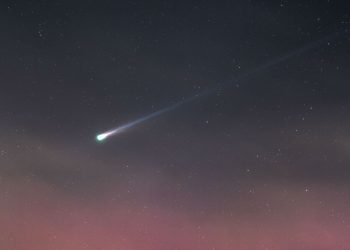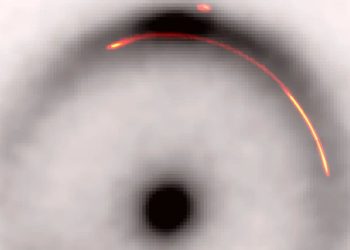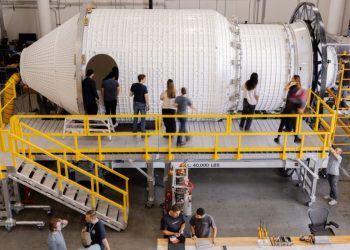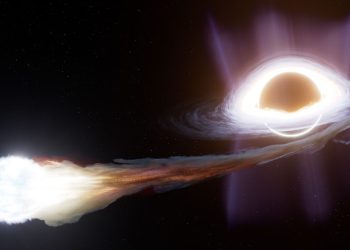Researchers have resurrected ancient microbes that had been dormant in Alaska’s permafrost for about 40,000 years. Permafrost ecosystems exist in a state of suspended animation, but as the planet warms, scientists fear that ancient microbes will awaken and begin consuming organic matter, producing greenhouse gases like carbon dioxide and methane. These gases will in turn exacerbate the rise in global temperatures, creating a vicious and unstoppable cycle. To understand how quickly this could happen, researchers took samples at the Army Corps of Engineers’ Permafrost Tunnel Research Center in central Alaska, then placed the samples in laboratory conditions that mimic Alaska’s increasingly hot summers. The microbes took some time to wake up at first, but after about six months they became very active and produced visible slimy biofilms. The researchers found that increasing temperatures did not appear to speed up the resuscitation of microbes. Instead of brief heat waves, the risk comes from longer, hotter summers that give organisms time to wake up, the study concludes.
Read it on Smithsonian Review









